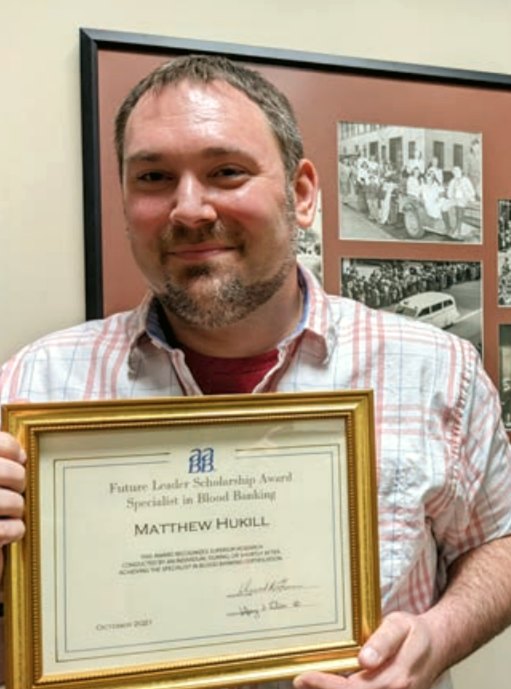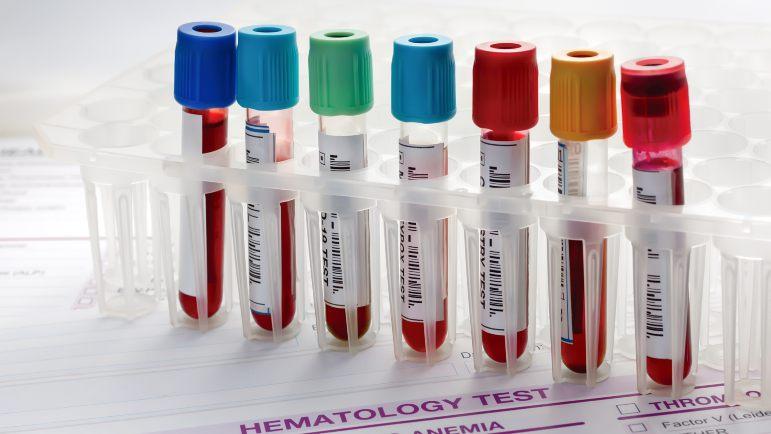While many colleges scrambled to take their coursework online at the start of the pandemic, two programs at RUSH have been fully online since their inception more than a decade ago: the Master’s in Clinical Laboratory Management (CLM) program and the Specialist in Blood Bank (SBB) Technology certificate.
The SBB certificate program and its asynchronous format attracts students from around the globe, including individuals in Rwanda and the Bahamas. The graduate CLM program, which is also asynchronous so students can learn on their schedule, has enrolled students from Europe, Japan and Singapore.
These programs give students a springboard to go into other things. Opportunities will just present themselves.
Both programs prepare students for their next level of professional development, says Laurie Gillard, MS, MT(ASCP)CM, SBBCM, associate professor and director of the SBB program. This is especially important as the nation faces the worst blood shortage in more than a decade, as well as rising demand for laboratory leaders.

Matthew Hukill won a leadership award from the Association for the Advancement of Blood & Biotherapies (AABB) for a research paper he completed as a RUSH student.
“Our faculty want to give students the skillset, and also the motivation, to realize they can rise above just doing basic lab work,” Gillard says. “With blood banking and with clinical laboratory management, you need to understand regulatory and quality standards, the overall spectrum of laboratory operations and how to work with medical directors if you are going into leadership. You don’t necessarily learn that when you’re just on the bench doing the work.”
The programs at RUSH cover these important issues. “When students come out, they’ve got these skills, and they’re ready to move into an advanced role,” Gillard says. “These programs give students a springboard to go into other things. Opportunities will just present themselves.”
One 2021 SBB graduate taking advantage of such opportunities is Matthew Hukill, who recently won a leadership award from the Association for the Advancement of Blood & Biotherapies (AABB) for a research paper on “Comparison of Two Enzyme Treated Adsorption Techniques: An Adjusted Process to Improve Efficiency and Sensitivity,” which he completed during his time at RUSH. He presented his findings at a recent Illinois Association of Blood Banks meeting, and his paper will be published in Lab Medicine.
Hukill credits Gillard for encouraging him to work on the project. “The RUSH program helped me take an idea that I had been playing with in my head for several years and actually put it into action,” he says. “The biggest thing I got from the program was a mentor who believed in me and pushed me to put my work out there, which has been absolutely invaluable for my professional growth.”
This article was originally featured in the College of Health Sciences’ 2022 issue of Impact magazine.

